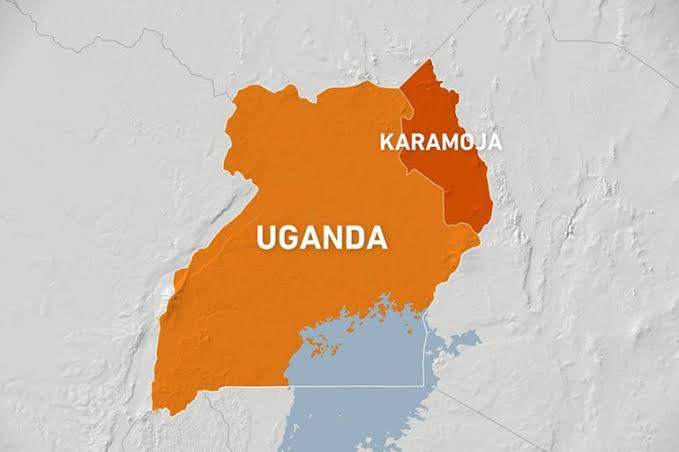Residents of the Nakapiripirit and Nabilatuk districts, in collaboration with development partners, have initiated the “Restore Africa” project to revive indigenous tree species in the Karamoja sub-region. This project, led by the Catholic Relief Services in partnership with Caritas organization and others, aims to regenerate local trees, restore landscapes, and enhance livelihoods.
The project is expected to mitigate the adverse effects of climate change by utilizing trees to influence rainfall, maintain a clean environment, improve soil fertility, and prevent soil erosion. Currently, it is being implemented in 12 sub-counties in the Nakapiripirit and Nabilatuk districts before expanding to the entire sub-region.
Communities have designated lands for the regeneration of local tree species and have taken responsibility for caring for them through pruning and clearing surrounding bushes. Arnest Muya, a resident of Lochede village in Nabilatuk Town Council, emphasized the importance of the tree restoration program in addressing environmental challenges such as heat and wind, which have led to the destruction of homes.
He highlighted the community’s commitment to restoring and protecting trees to mitigate natural calamities.
Kenneth Chegem, a field agent in Lochede village, noted the positive impact of maintaining wild trees on the environment, including accelerated tree growth and improved rainfall. He emphasized the cultural and medicinal significance of trees in the community, highlighting their role in windbreaking, soil erosion control, and providing herbal medicine.
Paskuale Angolere, another field agent, observed that tree restoration efforts have discouraged farmers from clearing trees on their farmland, leading to improved land preservation and erosion control. He emphasized the role of local leaders in promoting environmental conservation and planting trees around homes.
Kizito Loucho, the LC1 chairperson of Lotede village, highlighted the project’s role in educating the community about tree care and preservation. He emphasized the community’s newfound appreciation for the importance of trees and the need to protect indigenous species.
Gregory Awas, a project manager at Caritas Moroto, explained the promotion of agroforestry practices, which involve planting additional trees without clearing indigenous species. He emphasized the importance of diverse tree species for livelihood activities such as beekeeping and animal husbandry.
Maureen Atimango, the Nabilatuk district Agroforestry Officer, expressed concern over the rampant destruction of forestry cover due to human activities like bush burning and tree cutting. She stressed the importance of formulating and enforcing environmental protection bylaws and implementing measures such as fire lines to prevent wildfires.
Overall, these efforts aim to restore the rich biodiversity of local tree species in Karamoja and promote sustainable land management practices within the community.
URN.

